Firmly rooted in Macau with over 40 years of impact, the University of Macau’s (UM) is aligned with the international education system and plays a facilitating role in the development of Macau’s platform connecting China with Lusophone countries and the Western world. Building upon its geographical advantages and abundant resources, the university now aims to expand its global influence with research competency and invite international institutions and students with global visions to contribute to humanity.
University of Macau currently ranks among the 201-250 best universities in the world according to Times Higher Education. Upon its establishment in 1981, internationalization was defined as one of its core objectives, with English as the main medium of instruction. “We launched a brand new global strategy in 2018. After years of endeavors, UM has enhanced its international reputation,” says Rui Martins, UM’s vice-rector for Global Affairs.
“To push for a higher degree of internationalization in its teaching and research teams, UM has recruited faculty members from all over the world,” adds Rui Martins. Currently, 80% of faculty members hail from abroad and most of the courses are taught in English, attracting students from over 50 countries and regions. UM is proactively expanding its global network and has partnership agreements with 320 tertiary institutions in over 30 countries and regions, providing students the choice of participating in exchange and studies at 150 tertiary institutions worldwide
Collaboration with a Lusophone Alliance
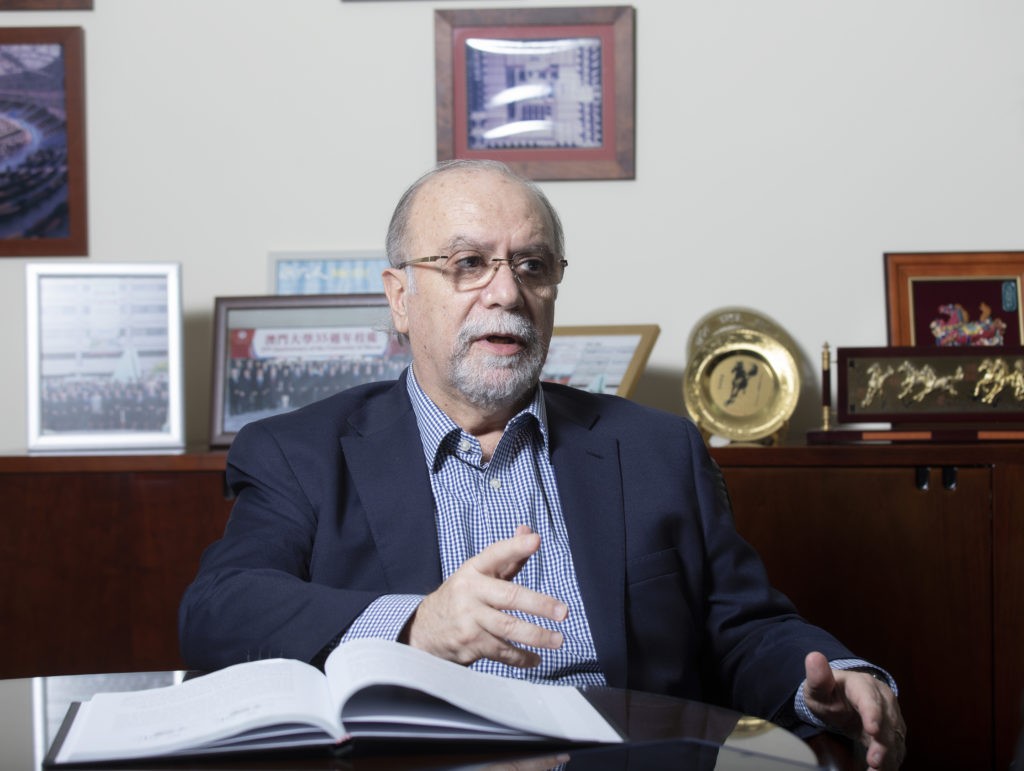
One of its most prominent partnerships with its Lusophone counterparts is the library alliances inaugurated when UM turned 40 in 2021, which brought together 20 universities from the Association of Portuguese Speaking Universities and 20 Chinese universities with Portuguese departments. The 40 universities now communicate and provide materials through an online platform created by UM.
“I believe that the relationship between China and the Portuguese-speaking Countries (PSCs), via Macau, will intensify in the future,” says Rui Martins. “We have also launched an alliance for oceanic research between these countries in early September, with an international symposium to be organized in the last quarter of 2023, as part of the work of our Centre for Regional Oceans.”
Greater Bay Area, Land of Opportunities
UM has taken advantages of abundant resources in the Guangdong-Hong Kong-Macao Greater Bay Area (GBA) for substantial cooperative projects in talent cultivation and research innovation. As a gateway to GBA, Macau enjoys nascent opportunities within such geographical and economic context. UM’s industry-academia-research development has centred around the GBA and Hengqin, as part of the scheme to integrate itself into China’s growth.
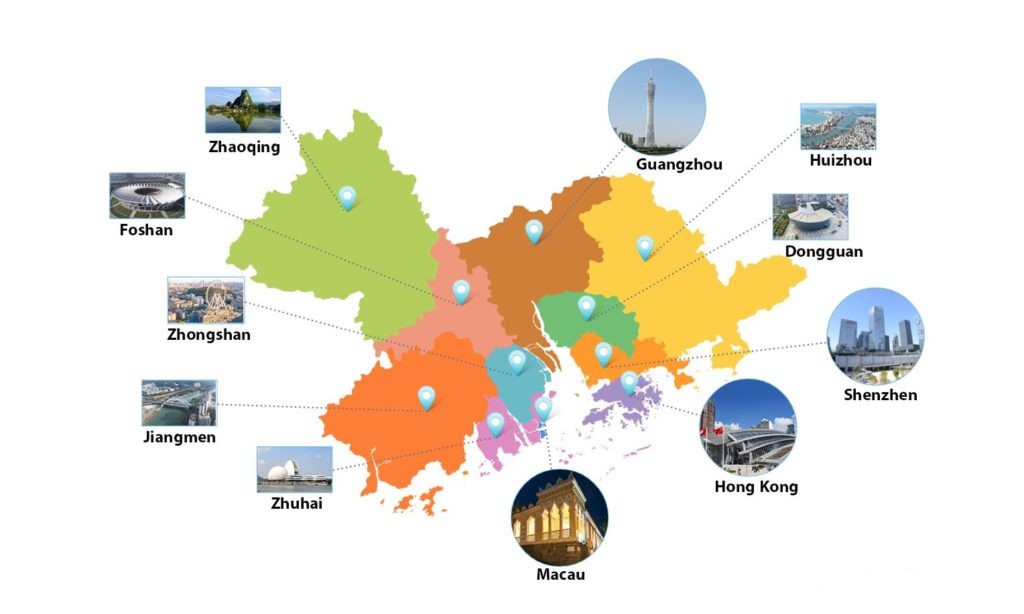
“Even before this plan was announced, we had already established the Zhuhai UM Science & Technology Research Institute (ZUMRI) at Inno Valley Hengqin,” Rui Martins points out. “That institute allows us to apply for projects supported by Chinese institutions, such as the National Natural Science Foundation.” The UM Vice-Rector also articulates that it is in the GBA that the university built its first ‘spin-off’ company, DigiFluidic, and established branches of its state key laboratories in Hengqin.
“This allows us to apply provincial and municipal research resources in China and we have a project volume of around 15 million renminbi per year that finances several research projects in Hengqin, Zhuhai, and the Shenzhen areas, where our ‘spin-off’ companies are based,” Martins adds. “The idea is to carry out high-level innovative research and expand our operation to the entire GBA.”
State-of-the-art Technologies
UM has capitalized on various large-scale research platforms to promote cutting-edge research and develop state-of-the-art technologies in traditional Chinese medicine, electronics, internet of things for smart city, advanced materials and health sciences. The university has established three state key laboratories, one being the State Key Laboratory of Analog and Mixed-Signal VLSI (SKL-AMSV), founded and directed by Rui Martins, the pioneer in Macau’s microelectronics chip design. Martins came to Macau from Portugal 30 years ago and pursued with strong determination to make UM an internationally renowned institution with outstanding results in chip research.
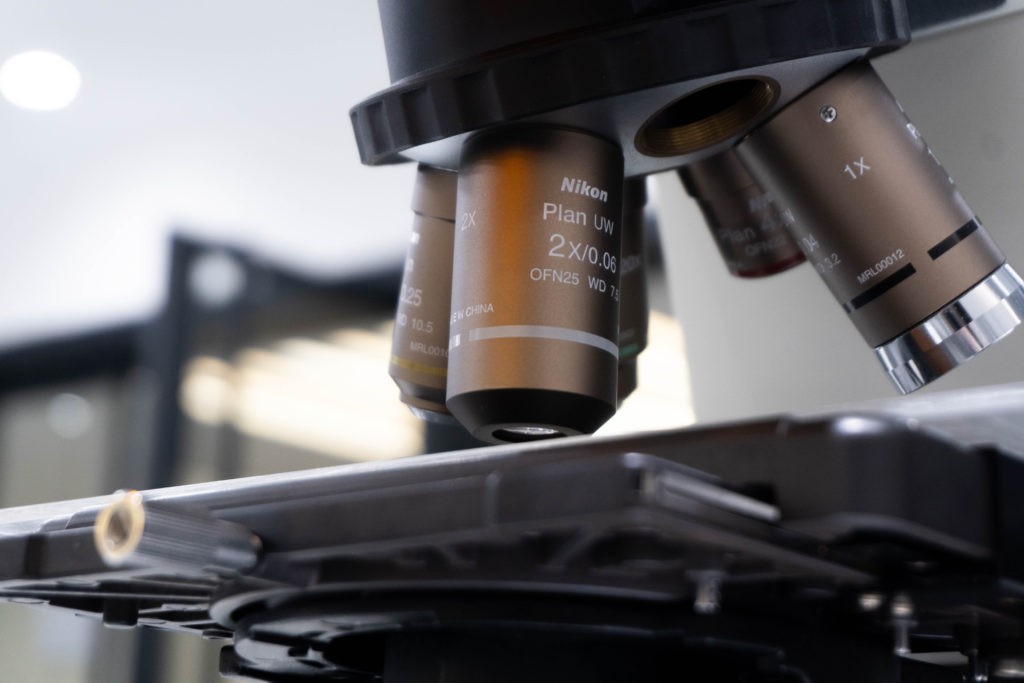
“Just a few weeks ago, 15 papers and chips were accepted from UM in ISSCC, the world’s most important electronics conference with a rigorous paper selection process. I can reveal that UM (through our SKL-AMSV) is the world leader, with the largest number of papers to be presented in the 70th edition of the conference that takes place in February, in San Francisco, USA”.
Read more: University of Macau research team puts forward suggestions for epidemic prevention
Currently, UM accelerates the transfer of technological achievements and reinforces the technical R&D jointly with universities and research institutes in the GBA. Meanwhile, UM gathers global resources for scientific innovation, to develop a high standard platform for collaboration.
A Team of High-calibre Scholars
UM has redoubled its efforts to search for high-calibre scholars to build a faculty team with international academic influence. In 2022 alone, 57 top scholars from world-renowned universities, were hired in spite of the challenges imposed by the global pandemic.
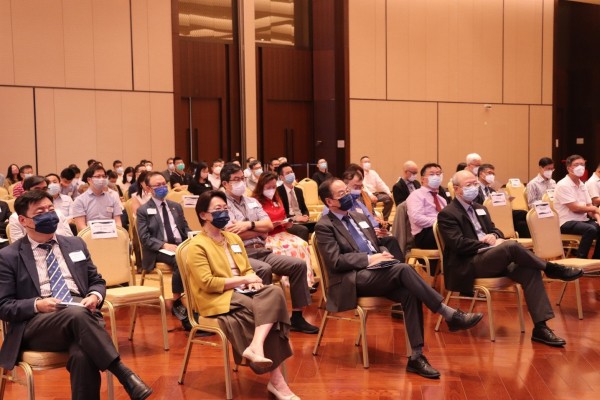
“We continuously foster attractive work conditions for faculty members to explore the frontiers of their respective fields,” says Martins. “We often encourage the faculties to initiate cutting-edge research, especially in interdisciplinary areas, and contribute to our communities with their research findings.” According to the Essential Sciences Indicators (ESI) rankings, UM is placed among the best in ten subjects, including engineering, computer science, chemistry, materials science, pharmacology and toxicology, clinical medicine, psychiatry or psychology, biology and biochemistry, social sciences general, and agricultural sciences.
Read more: University of Macau launched spatial analysis laboratories
UM supports Talent Nurturing
There is a wide range of support schemes for local and international students to achieve their full potential at UM. “We have built quality platforms for learning and practice and developed a high-level talent training system,” says Martins. “UM has fostered innovative citizens with global perspectives and international competitiveness.”
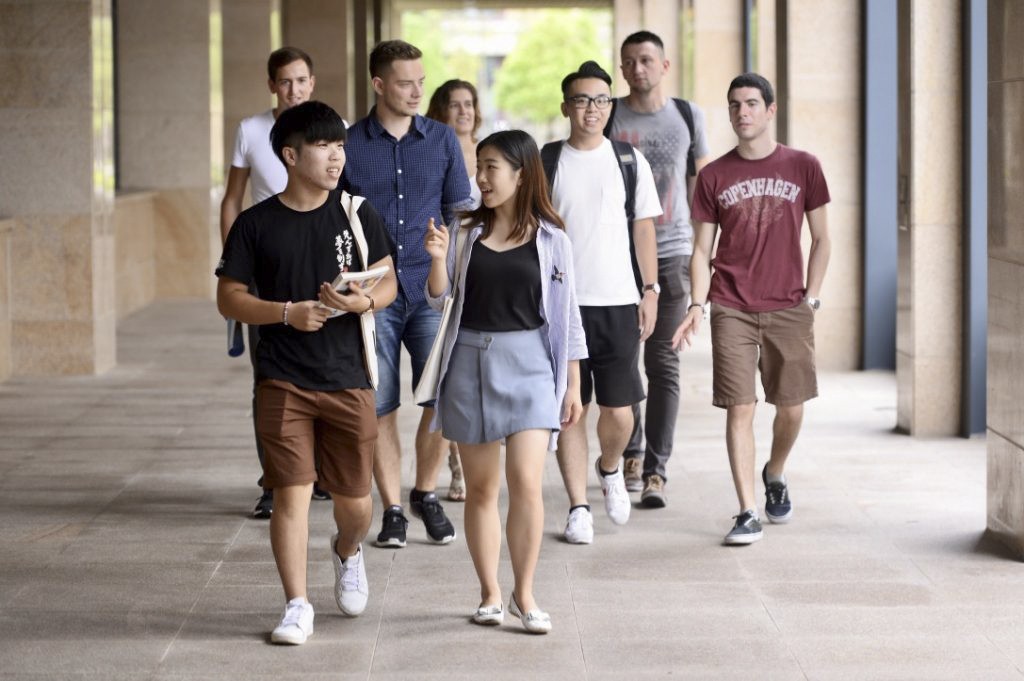
The university has received accreditations from various international professional bodies for certain programmes in the fields of science and technology, and business management. UM’s dual degree programmes with reputable universities around the world provide students with the opportunities to experience different cultures as well as to pursue two degrees. Also, UM offers scholarships to both international and PSCs students.
“We will continue to expand international cooperation and attract top scholars and international students from all over the world. We are confident that the global strategy would take UM’s development to a new level of excellence,” adds Martins.



